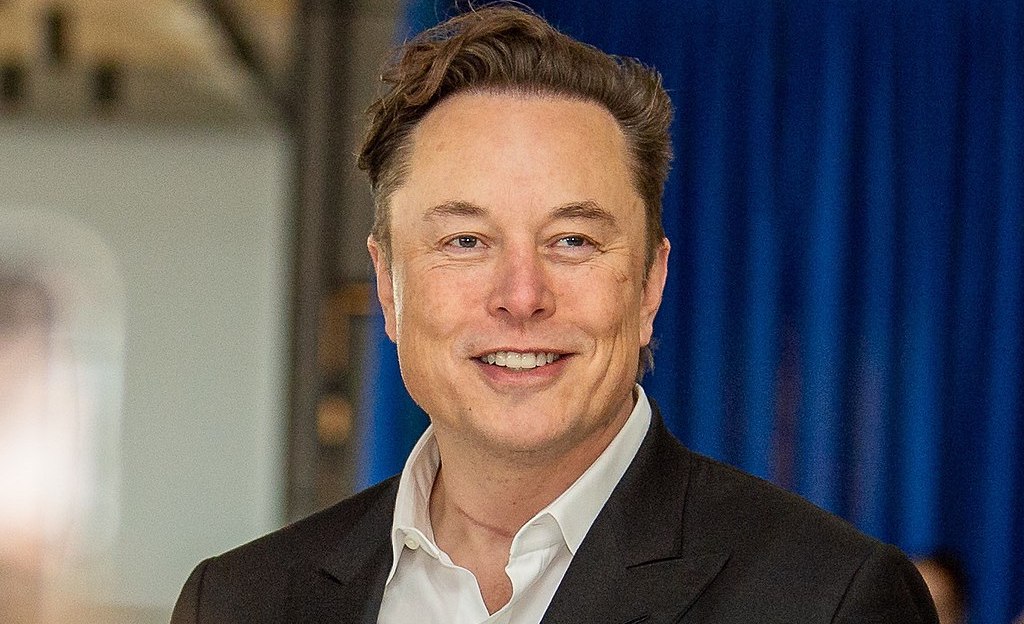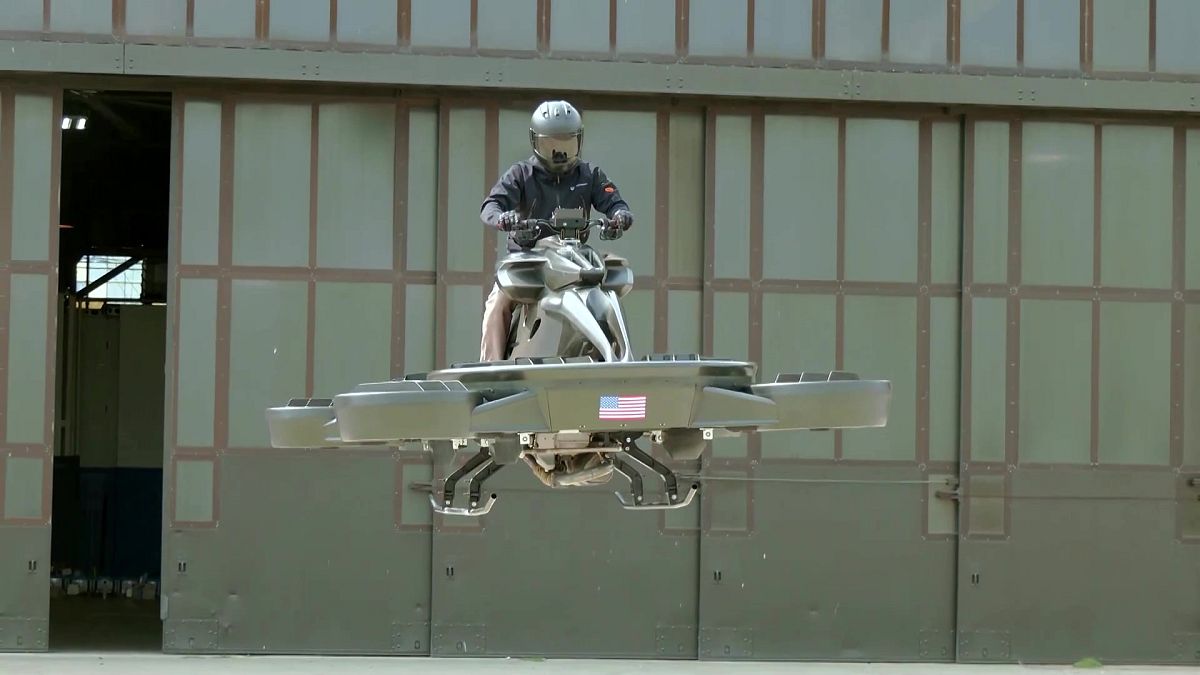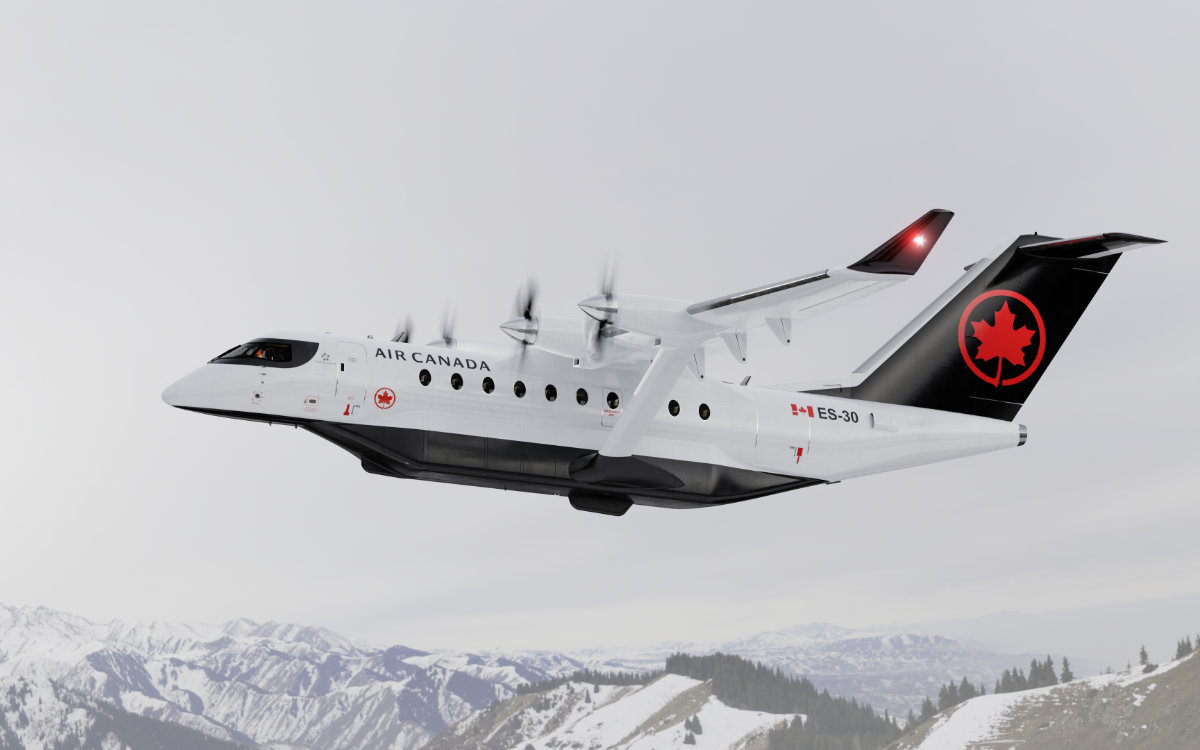JRP3
Hyperactive Member
Elon: "Electrified transportation. Full electrification of transportation, including cars, planes, and ships."

 www.teslarati.com
www.teslarati.com

New Elon Musk essay: Tesla CEO's thoughts on technology and humanity
A new Elon Musk essay published in China gives a glimpse into the Tesla CEO's thoughts on sustainability, robots, Neuralink, and SpaceX.





